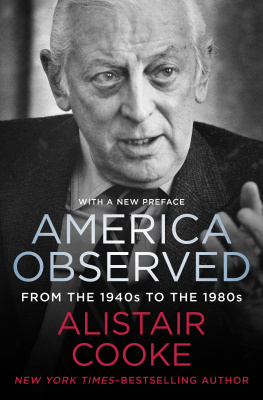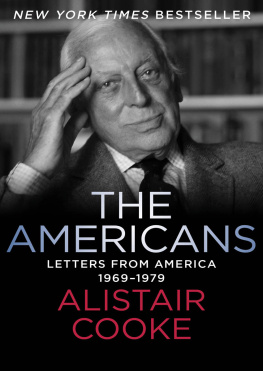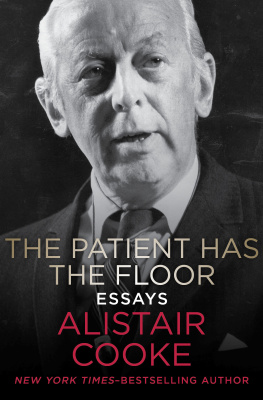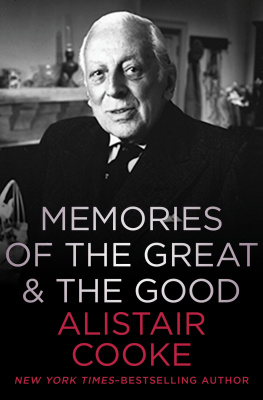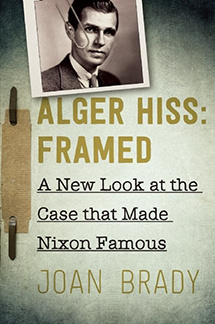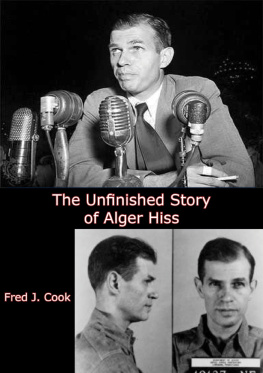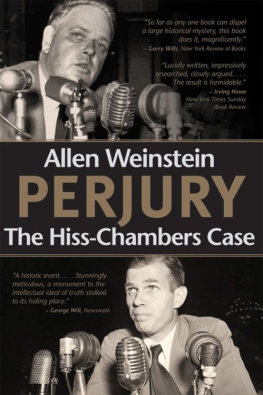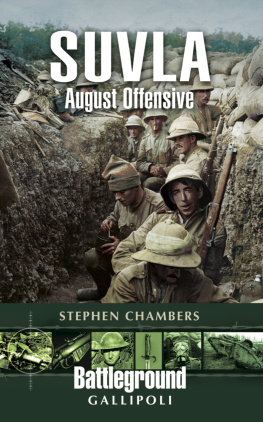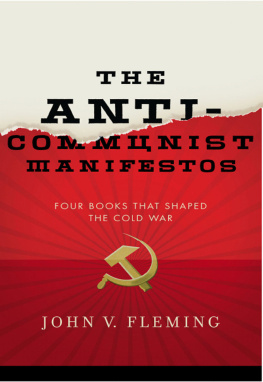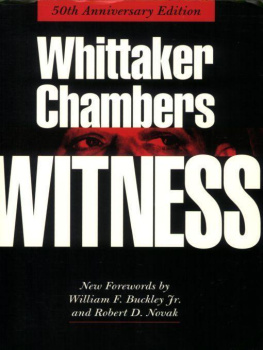PREFACE
SINCE all writing is an exercise in drawing up an armistice between a mans private fancies and the real world outside, an author explaining what his book is about is usually as helpless as a man pulling himself up by his bootstraps. It is easier, however, to be a censor than a creator. And there is a better chance of the authors knowing what his book is not than what it is. It seems to me worth saying at once what this book is not, because it was written during something very like a seventeenth-century religious war, when the outside pressure to swallow whole the Hiss story or the Chambers story, and to join one or other of the entailed crusades, was almost irresistible. I sincerely hope that, whatever pain or pleasure may be got from this book, it will profoundly disappoint people looking for a revivalist tract or for ammunition for a side already chosen. No matter what its outcome through the higher courts may be, this case will, I suspect, offer for some time to come, and perhaps forever, as many puzzles as the celebrated Wallace case (the Liverpool chess-player, not the Iowa politician). The sophisticated will jump from these sentences into the assumption that I am already staking out an objective seat on the fence. That is not possible either. Although fence-sitting is the occupational hazard of foreign correspondents, even a journalist is a man and presumably conducts his life on certain assumptions of what is just, tolerable, obscene, and so forth. Certain principles, which are irrespective of the innocence or guilt of Alger Hiss, and which I take to be fundamental to our survival as a free society that is also a decent one, were flouted long before this affair came to trial. It was these excesses that disturbed me most and that especially, I thought, ought to be editorialized about in the proper place. About these thingsthe gallivantings of a drunken press, and the interference in personal liberty of Congressional committees undoubtedly sweating in the cause of virtueI find it hard to be temperate. But even here there were serious popular misunderstandings about what the House Committee on Un-American Activities had a right to do and what it had not; and I soon saw that a report which started with the trials themselves would be unfair both to the defendant and to the House Committee. Accordingly what I am putting down is a record of the trials of Alger Hiss, from the first accusation to his conviction, to which I hope puzzled and fair-minded people will turn in order to make up their own minds about the proper verdict.
This is not, then, a dope book. There is nothing here for anyone who wants to learn the inner life of Hiss and Chambers or anything at all about them that was not available in the proceedings of both Trials. I am not qualified to write such a book, since I knew and know none of the principals in the case. It struck me early on, in fact, that this disqualificationwhich so far as I can gather is unique among the populations of Washington and New York Citymight be turned to good account if it could be guarded. I made a point, therefore, of not talking to the Hisses or the Chamberses and of limiting my contacts with the lawyers on either side to checking points of law and at one stage borrowing Trial transcript when the courthouse copy was unavailable.
The problems of reporting an American criminal trial are very formidable. Friendly people, hearing you are writing a book about one, say they are eager to get to the bottom of the whole thing or will agree to settle for the gist of it. This reminds me of Roosevelt, confronted by his writers with two drafts of a speech that roughly represented two fundamentally opposed philosophies, saying: Weave them together. There were times in the writing of this chronicle, of the Trials especially, when it would have been a pleasure to abandon the job in hand and turn to some altogether more bracing and straightforward choreinventing a religion, say, that would embody what is characteristic of Christianity, Fascism, Communism, atheism, and technocracy.
To ask for the gist of a human conflict is a downright Anglo-Saxon approach rooted in the assumption that what is elemental is also elementary. It might be very much easier to do with an English trial, which, when it is competently managed, runs to two or three days; when the issues are complex or the counsel prolix, to six or seven days. In the United States the constitutional guarantee of the right to a speedy and public trial overlooks the natives love of rhetoric, and passion for documentary detail, and tends more and more to mean the right to go bankrupt to pay for interminable litigation. I am aware that criminal trials were bound to take longer, once courts of appeal were invented, and once it became practically an obligation for a defendant to take the stand; for the first of these developments made judges more cautious and the prosecution more thorough and deliberate, and the second encouraged the practice of the lengthiest form of cross-examination. But the American inclination to substitute technique for honest argument, and a wealth of exhibits for incisive pleading, has also played its part in making trials run on for weeks and months. The judge in the First Trial warned the jury it might last a couple of weeks. It ran into six weeks. The Second Trial lasted over nine weeks. The trial of Harry Bridges ran twenty weeks, the trial of the eleven Communists just under nine months. Twenty-odd years ago Lord Birkenhead, a former Lord Chancellor, deplored the tendency even in Britain (once she had thrown off the palsy which condemned such trials as that of Warren Hastings to run on for years) for trials to get longer (he meant they were lasting five days instead of one) and pointed out that a fair trial within a mans means was an elementary promise that nations bred in the common law were bound to honor. It is possibly the American view (though I have not heard it) that British trials are superficial and the rules too restrictive. The British could fairly retort that in America the rules of evidence are so lax that it is more than a lawyers reputation is worth not to bring in the kitchen sink.
However this may be, the fact is that whereas in English trials the judges hold the counsel to a much stricter rule of relevancy, and the defendant is privileged to know the whole prosecution case in advance, the federal courts by contrast proceed in a luxury of leisure and discursiveness and surprise evidence that shocks everybody but Americans. In reporting them, a stranger expects to summarize the prosecution on Topic A, and the defendants countering argument, and then go on to Topic B. But what happens is that the prosecution begins by reviewing Topics A, B, C, D, E, F, G, and H; in cross-examination the defendant challenges F, H, and A in that order; in redirect, H and B come up again; on re-cross, we have C, F, and a long, puzzling digression on B. With the chief witnesses, counsel leap from note to note like vaudevillians on a trick xylophone.
The newspaper reporter, watching his front page and his city editor, simply glorifies in one plunging lead the most obviously dramatic topic of the day and makes it up to his conscience by corralling the unreported hours of testimony into a pen of final paragraphs in which earlier in the day rubs shoulders with under questioning in the morning and the defense also touched on. Consequently, most newspaper reports of a trial are, inevitably, inadequate. To write a bare, faithful sequence of the testimony of the average court day would require a piece of about five thousand words, which would then constitute a little less than one sixth of the testimony taken. Very few papers allowed their men covering these Trials more than fifteen hundred or two thousand words at best. In consequence, most of the reporting I saw was meager or atrociously slanted in one direction or another.


